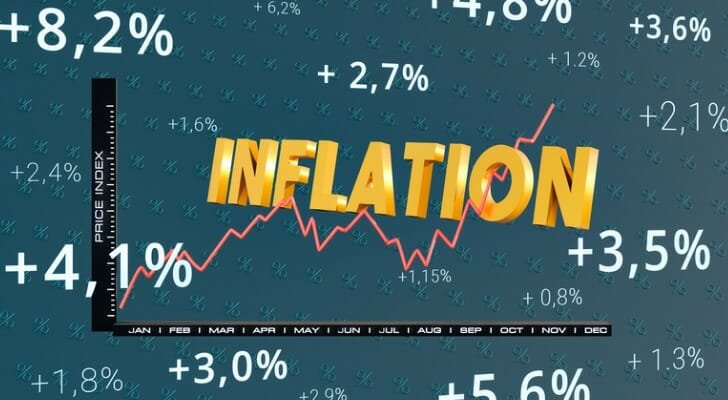Inflation is a term we often hear, but its impact on market prices is profound and far-reaching. Understanding how inflation affects the cost of goods and services can help consumers make smarter financial decisions.
1. What is Inflation?
Inflation is the rate at which the general level of prices for goods and services rises, reducing purchasing power.
2. Impact on Everyday Essentials
- Food: Inflation causes a rise in prices for staples like rice, maize, and vegetables. For instance, a bag of maize that cost 200 GHS last year may now cost 300 GHS.
- Fuel: Increased fuel prices lead to higher transportation costs, which affect the pricing of almost all goods.
- Utilities: Electricity and water tariffs often increase during inflationary periods, impacting household budgets.
3. How to Cope with Inflation
- Buy in Bulk: Stock up on non-perishable items when prices are stable.
- Choose Local Products: Imported goods are more affected by inflation due to exchange rate fluctuations.
- Monitor Market Trends: Stay informed about price changes to plan your expenses wisely.
Understanding inflation’s impact helps you adapt and make informed financial choices to navigate price hikes effectively.



